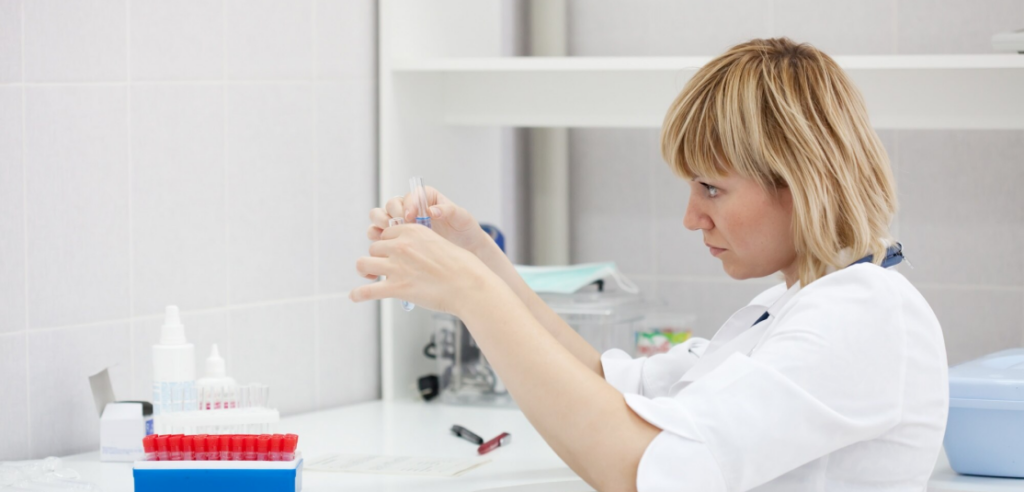Lichen Sclerosus
Understanding Lichen Sclerosus
Symptoms of Lichen Sclerosus
Diagnosis of Lichen Sclerosus

Treatment of Lichen Sclerosus
While there is no cure, lichen sclerosus can be managed with various treatments aimed at alleviating symptoms and preventing complications:
- Topical Corticosteroids: Steroid creams help reduce inflammation and itching.
- Estrogen Creams: Especially useful for postmenopausal women to restore skin elasticity.
- Platelet Rich Plasma Injections: These have been shown to aid in symptom relief.
- Surgery: In extreme cases, surgery may be required to address issues like vulvar stenosis or the risk of skin cancer.
Frequently Asked Questions(FAQs)
No, it is not contagious. It affects only the individual and cannot be spread to others.
Yes, the pain and discomfort associated with lichen sclerosus can make sexual activity difficult or painful.
In severe cases, lichen sclerosus may cause vulvar stenosis, which can interfere with sexual activity and potentially affect fertility.
There is no known way to prevent the condition, but early diagnosis and treatment can help manage symptoms and reduce the risk of complications.
Some natural remedies may offer temporary relief, but it’s important to consult a healthcare provider before trying new treatments.